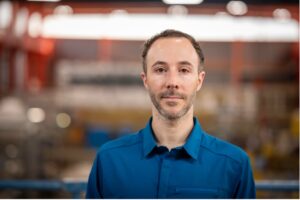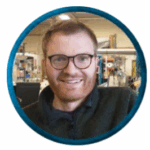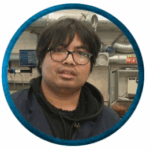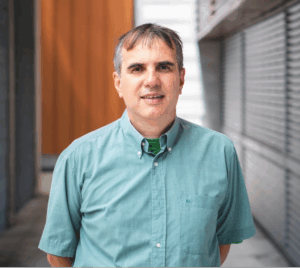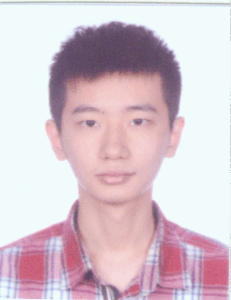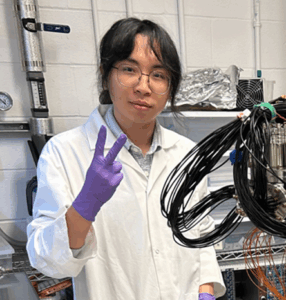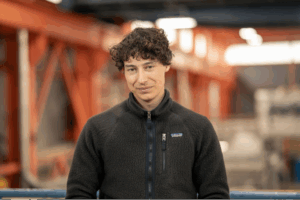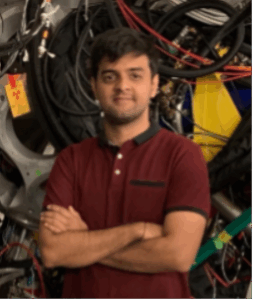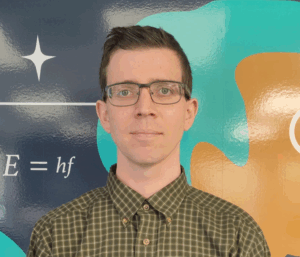
Detectors and Instrumentation
All particle physics, nuclear physics, and condensed matter experiments require instruments to detect energetic subatomic particles. These detectors are required to measure various kinematic properties of each particle, such as its energy, momentum, the spatial location of its track, and its time of arrival at the detector. Scientific progress often emerges from advances in detector technology. Such advances include: enhanced precision in kinematic properties; improvements in the rate at which particles may be detected, leading to improved statistical precision; and reduced costs, resulting in larger systems with greater sensitivity to rare processes.
Over the past several decades, TRIUMF’s Detectors and Instrumentation teams have established an international reputation for developing, designing and constructing state-of-the-art detectors, as well as developing new detector technologies.
The core mission of the Detectors and Instrumentation teams is supporting the physics community in bringing to reality their project by providing technical resources for the design, construction, and commissioning of experiments and other apparatus. We also develop new technologies that we foresee as enablers of future discoveries and as having strong potential for applications outside physics research. Finally, we foster talent: from training of students to continuous training of group members.
Research feature
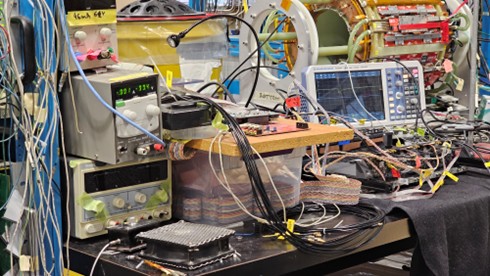
DarkLight physicists search for particles beyond the Standard Model
Dark matter is five times more abundant than regular matter in the universe, yet our understanding of it remains limited. TRIUMF’s DarkLight experiment seeks to discover a putative dark boson with suppressed couplings to photons in the low-mass range—a previously uncharted territory. This “dark photon” is hypothesized to mediate forces between dark matter particles. In addition to the potential discovery, the search will provide additional constraints to narrow the scope other dark matter searches, expediting the field’s pace of discovery. These experiments will take place at TRIUMF’s electron linear accelerator (e-linac) and are supported by TRIUMF’s Detector Facility.
Research Initiatives
Astroparticle Physics
Astroparticle physics, a relatively new physics discipline emerging from astrophysics, cosmology, and particle physics, is the study of elementary particles originating from the cosmos. Subdisciplines include neutrino physics, neutrinoless double beta decay, multi-messenger astronomy, dark matter and dark energy studies, gravitational wave studies, cosmic ray physics, and gamma ray high-energy astronomy. The astroparticle physics field seeks unified theories to understand the universe and the particles within it. Our studies investigate new forms of matter beyond the Standard Model.
Investigative methods include ground-based detectors, underground laboratories, water and ice Cherenkov detectors, space-based telescopes, neutrino telescopes, gravitational wave observatories, and theoretical modelling.
As a world leader in experimental physics. TRIUMF contributes its world-class expertise and infrastructure to facilitate discoveries in international collaborations within Canada and beyond. TRIUMF’s state-of-the-art detector facilities are a cornerstone of the Canadian physics community, and of the global astroparticle physics research effort.
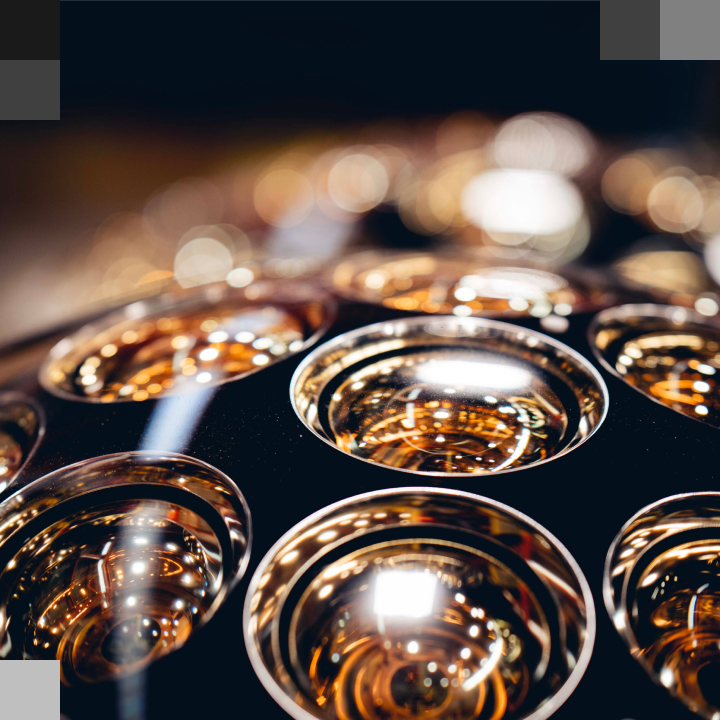
Research Support Groups
Detector Group
The Detector Group provides world-class innovation, technology, and personnel for detector development and construction. Its teams support the development, design and construction of state-of-the-art detectors and associated electronics for condensed matter, nuclear and particle physics experiments and medical applications; and provide specialized equipment, experienced‐based knowledge, and skills, design and construction services.
Electronic Development Group
The Electronic Development Group supports TRIUMF’s electronic infrastructure with state-of-the-art electronic design, development, and testing of electronic hardware and embedded software systems. They assess requirements, conduct feasibility studies, design system architecture, and select components for implementation.
Conceptual Development Group
The Conceptual Development Group is responsible for generation of innovative ideas. They brainstorm new possibilities, research emerging technologies, monitor advancements, design prototypes, and identify potential collaborations. They work closely with TRIUMF Innovations to ensure that our intellectual property is retained.
DAQ Group
The Data Acquisition (DAQ) Group specializes in DAQ hardware components, firmware, and software development, as well as data analysis tools. The Group is responsible for data acquisition infrastructure deployed as part of scheduled and actively-running experiments at TRIUMF, managing close to 100 local computers dedicated to data acquisition. The Group also provides consulting expertise to off-site physics experiments in the form of DAQ concept, implementation, and deployment based on the MIDAS Software Package, including for the following experiments:
- PIENU Precision Measurement of the Rare Decay (pi+->e+ nu/pi+ -> mu+ nu) (Canada)
- TWIST Weak Interaction Symmetry (Canada)
- SuperCDMS, Second Generation of Cryogenic Dark Matter Search (Canada)
- ALPHA, AntiHydrogen Trap (Switzerland)
- DEAP Dark Matter Experiment (Canada)
- T2K Neutrino Experiment (Japan)


